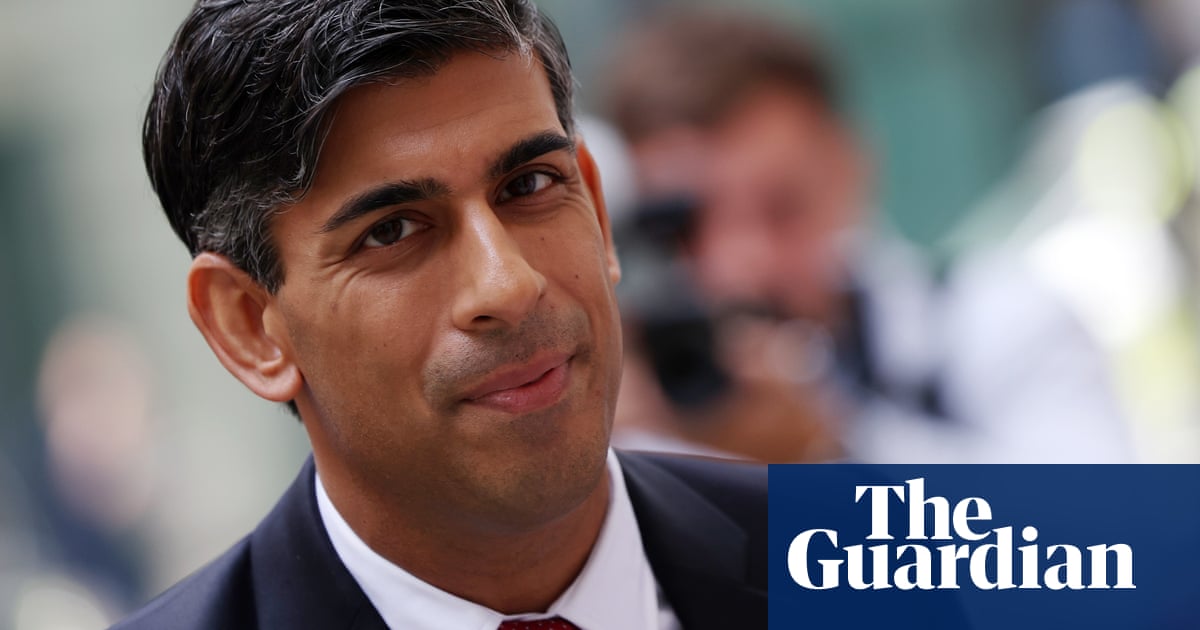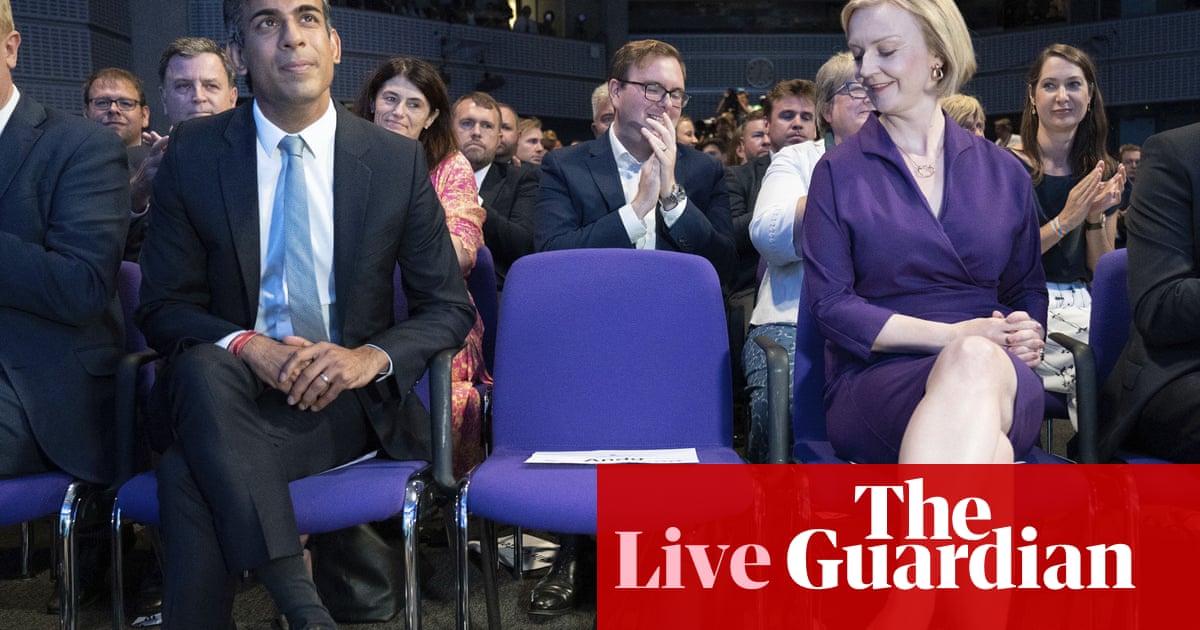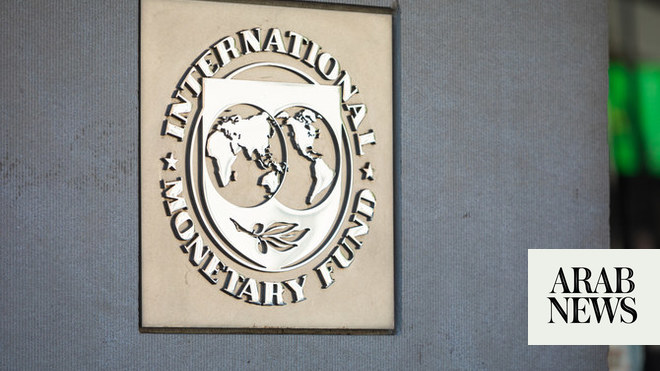
Liz Truss will plunge the economy into an “inflation spiral” if she does not choose between her unfunded £50bn tax cuts and providing cost of living support, her Conservative party leadership opponent, Rishi Sunak, has claimed.
Sunak’s leadership campaign said Truss would increase borrowing to “historic and dangerous levels” and place public finances into “serious jeopardy” if she attempted to do both.
The comments came after Truss, the frontrunner to be the next prime minister, signalled another U-turn with direct support for companies and households amid soaring energy bills this winter.
In a statement, Sunak’s campaign said: “Following weeks of rejecting direct support payments as ‘handouts’, Truss supporters have slowly woken up to the reality of what winter brings. They now say that they will provide people with help – but what help, for who, when and how it will be paid for remains a mystery.
“The reality is that Truss cannot deliver a support package as well as come good on £50bn worth of unfunded, permanent tax cuts in one go. To do so would mean increasing borrowing to historic and dangerous levels, putting the public finances in serious jeopardy and plunging the economy into an inflation spiral.”
An ally of Sunak’s, Kevin Hollinrake, also suggested people would be homeless “on the streets” without further help to pay energy bills this winter.
The MP for Thirsk and Malton told Sky News that promises by Truss’s campaign to cut taxes would provide only an extra “pound a week” to the poorest households, whereas it would provide “to the tune of about 30 a week” to a household like his.
“It is simply not right,” he said. “These people are going to be on the streets. Things are going to be that bad for some households.”
The row comes before Ofgem’s announcement on Friday when the regulator is expected to increase the cap on energy bills from £1,971 to about £3,600.
The former chancellor’s team also commented on reports that Truss was not planning to ask the independent Office for Budget Responsibility (OBR) for a forecast ahead of the emergency budget she is planning for next month.
“It’s no wonder they want to avoid independent scrutiny of the OBR in their emergency budget – they know you can’t do both and it’s time they came clean about that now,” Sunak’s campaign said.
Another Sunak supporter, Mel Stride, said Truss’s plans for an emergency budget needed to be transparent and affordable so ministers were not “flying blind”.
The Commons Treasury committee chair told LBC: “At the moment the Liz camp are saying I believe that there will not be any OBR forecast produced at that time and that is kind of like flying blind.
“It means that you do all these dramatic things on tax etc but you don’t actually know what the independent forecaster believes the impact will be on the public finances and I think that is quite a serious situation were that to come about.”
Sunak’s attack on Truss’s policies came after Michael Gove said in an article for the Times that Truss was on a “holiday from reality” with her plans for tax cuts during an economic crisis as he endorsed Sunak.
Gove, who was levelling up secretary until being sacked by Boris Johnson before his resignation as Tory leader, said Truss’s vision put the “stock options of FTSE 100 executives” before the country’s poorest.
By contrast, the business secretary came to Truss’s defence, saying there would be support for the poorest households regarding the cost of living crisis.
Writing in the Mail on Sunday, Kwasi Kwarteng said: “I understand the deep anxiety this is causing. As winter approaches, millions of families will be concerned about how they are going to make ends meet. But I want to reassure the British people that help is coming.”
Truss expressed optimism for the economy, saying there was “too much talk that there’s going to be a recession” as she insisted an economic slump was not inevitable despite the Bank of England’s forecast.
In an interview with the Sun on Sunday, she said she was looking at help “across the board” in a hint that there could be more support for businesses and households.
So far she has focused on cutting taxes, such as an immediate reversal of the national insurance increase, while Sunak has focused on trying to bring down soaring inflation.












